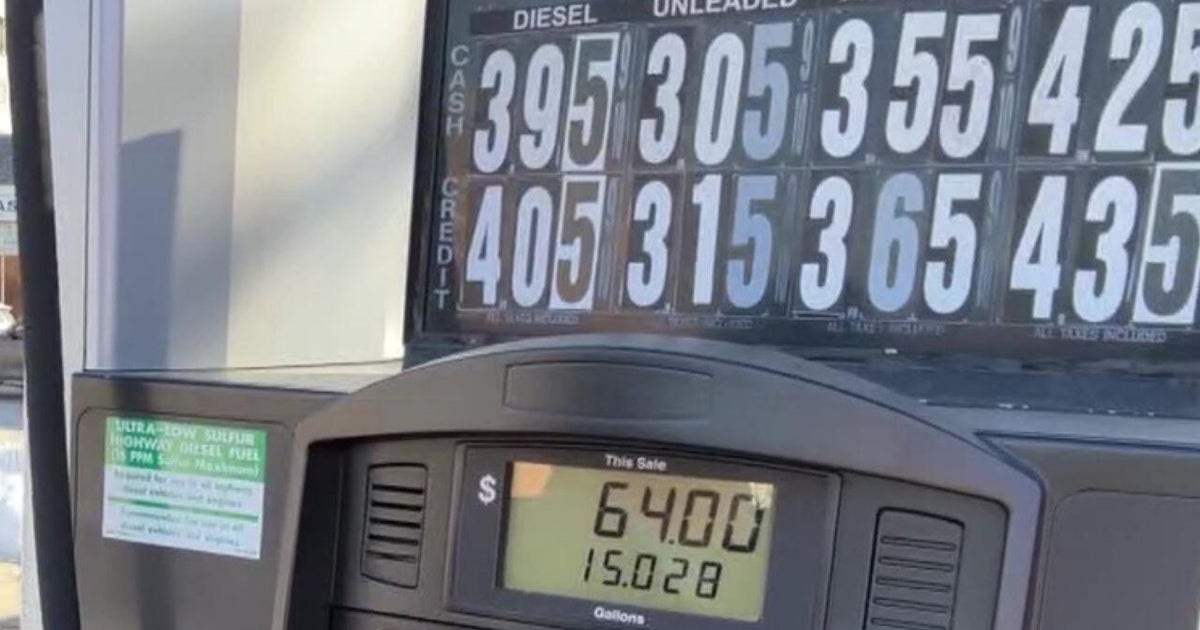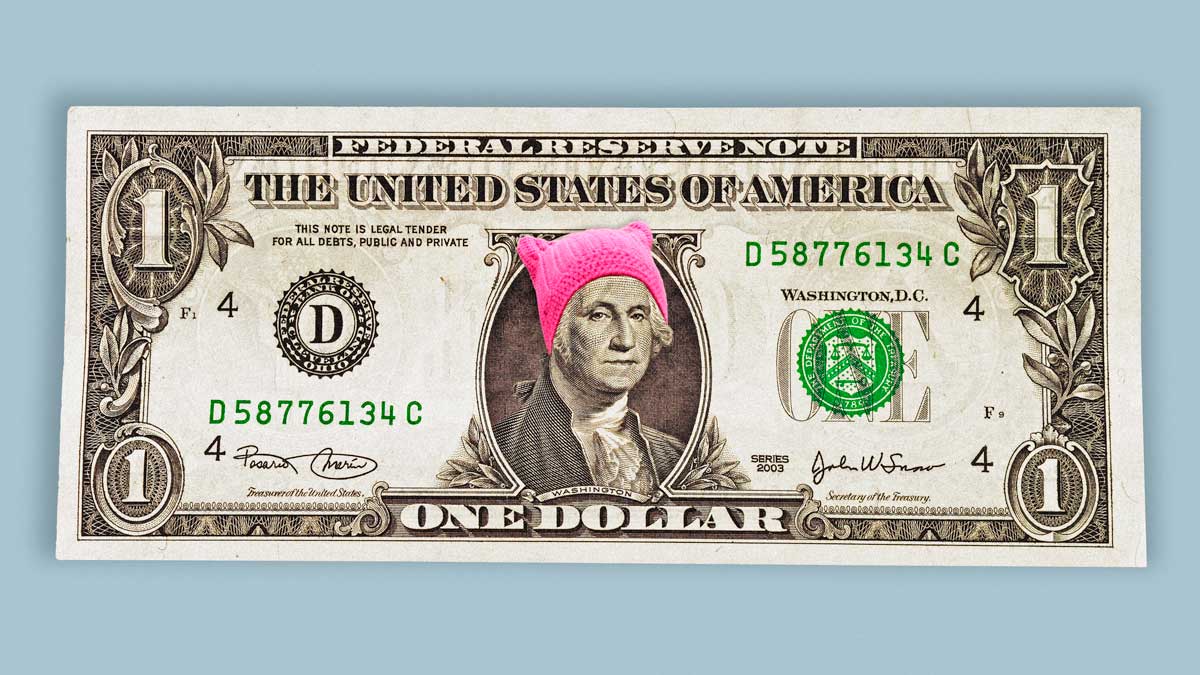Is a home equity loan or HELOC better amid rising inflation?
Inflation came in hot for the third month in a row in March. Prices were 3.5% higher in the month than they were one year earlier. Not only did this figure outpace the 3.4% inflation rate economists expected for the month, it's up from February's 3.2% inflation rate which was an uptick from the 3.1% price growth seen in January.
That could be bad news if you need to borrow money. After all, interest rates are already high and inflationary periods can lead to rate increases. So, the already high cost of borrowing money could climb even higher ahead.
Then again, there is still at least one relatively low-cost borrowing option to consider (when compared to other options). That is to borrow against your home equity. This option typically comes with competitive interest rates because these loans are secured by your home. And you could have quite a bit of it to borrow against. The average American homeowner has $299,000 worth of untapped equity (around $190,000 of which is accessible).
That said, there are multiple ways to access your equity. Two of the most popular ways are home equity loans and home equity lines of credit (HELOCs). But, which of these two options is better amid rising inflation?
Compare leading home equity lending options now.
Is a home equity loan or HELOC better amid rising inflation?
The choice between a home equity loan and a HELOC typically boils down to two things:
- What type of interest rate you want: Home equity loans usually offer fixed interest rates while HELOCs can come with variable interest rates.
- How you want to access your equity: Home equity loans offer funding in one lump sum while HELOCs act as revolving lines of credit - giving you access to your equity when you need it through the HELOC's draw period (typically the first five to 10 years of the loan) and up to a pre-set credit limit.
So, which of these options is better in today's inflationary environment?
"HELOCs offer a lot of flexibility, but one of the concerns with a HELOC is that it has a variable interest rate and it's typically tied to the federal funds rate," says Darren Tooley, senior loan officer at the wealth management firm Cornerstone Financial Services. And that can be a real concern in today's inflationary environment.
"In response to higher inflation, the Fed will typically respond by increasing the federal funds rate," says Tooley, which can lead to higher variable HELOC interest rates. "This is why in times of higher inflation, a fixed rate home equity loan is usually the better option."
"With rising inflation, we can assume interest rates will remain the same or in fact, rise," explains Mark Charnet, founder and CEO of the financial planning firm, American Prosperity Group. "It is therefore logical to assume that the home equity loan with a fixed interest rate for the life of the loan would be a superior way to access your home equity."
Take out a home equity loan now for fixed, predictable payments.
Why you should consider a home equity loan now
If you need access to money to cover a relatively large expense, a home equity loan may be better than other popular financing options. Here's why:
- Personal loans: While home equity loans and personal loans are typically both fixed-interest products, interest rates on home equity loans (averaging between 8.70% and 8.73%) are typically lower than those on personal loans (averaging 12.18%). You may also be able to access more funding with a home equity loan than you can with a personal loan.
- Credit cards: Home equity loans typically come with significantly lower interest rates than credit cards (with credit card interest rates averaging over 20%). While home equity loans generally come with fixed interest, the interest rates on credit card accounts are typically variable - which may lead to increasing payments in an inflationary environment. Home equity loans will also likely give you access to a larger amount of funding than credit cards.
- Cash-out refinancing: A cash-out refinance gives you access to your equity while refinancing your first mortgage at today's interest rates, which may not be ideal in today's high interest rate environment. That is, unless you recently purchased your home when mortgage rates were peaking and your current mortgage rate is higher than the rates you can get today.
Tap into the advantages of a home equity loan now.
The bottom line
When comparing a home equity loan to a HELOC amid rising inflation, the experts we spoke to seem to lean toward the fixed-rate home equity loan as the better option. That's because inflationary periods may lead to higher interest rates, which could push the monthly and long-term cost of a HELOC higher while the monthly and long-term cost of a home equity loan are usually fixed.
A home equity loan may be better than other popular financing options, too. You'll probably be able to access more funding at a better rate with a home equity loan when compared to a credit card or personal loan. And, home equity loans don't change your first mortgage - as is the case with a cash-out refinance.
So, if you have a significant financial need, consider taking out a home equity loan today.




